Mental health is a fragile landscape, where every diagnosis carries the weight of a life. Receiving a psychiatric diagnosis can bring really mixed feelings, but it’s very important because it feels like being handed a map that helps guide us toward the healing or balance we so much need.
But what happens when that map is wrong? What happens when, instead of relief, the diagnosis brings more confusion, suffering, and treatments that don’t work?
This is the reality for a lot of people who, after years of struggle, discover they were being treated for the wrong condition. Their stories are not just accounts: they are silent cries for a mental health system that must urgently be better prepared, more compassionate, and more human.
The pain of misdiagnosis
Imagine spending years of your life believing you have a condition that explains your pain, your anguish, your struggles. You take medications, go through therapies, and try to fit into a mold that never seems to fit. Then, one day, someone looks at you with fresh eyes and says, "It’s not that. It never was." The relief of finally being understood mixes with the anger of all the lost time, all the unnecessary suffering.
This is the experience of many people who, after years of being diagnosed with Borderline Personality Disorder (BPD), discover they are actually on the Autism Spectrum (ASD). What seemed like emotional instability and impulsiveness was, in fact, the manifestation of a brain that processes the world differently. What was taken so many times as "drama" or "exaggeration" was the expression of someone struggling to adapt to a world not made for them.
And all the while, years of inadequate treatments, medications with devastating side effects, and the feeling of not being understood.
The invalidation of assessments and lack of dialogue
Another deeply painful issue is the invalidation of psychological assessments by some psychiatrists. Patients report how their neuropsychological evaluations, carefully and rigorously conducted by psychologists, are dismissed in quick, superficial consultations. "He didn’t even look at the report properly," or "He just prescribed me medication and sent me on my way" are more common reports than we would expect.
This lack of dialogue between professionals not only disrespects the work of the good psychologists and neuropsychologists but also ignores the complexity of the patient, reducing their story to a set of symptoms to be medicated.
Rushed appointments, superficial diagnoses
In an ideal world, every psychiatric appointment would be a space for attentive listening, where the professional takes the time to understand not just the symptoms, but the person behind them. However, the reality is often different. Appointments lasting 5 or 10 minutes, diagnoses based on limited information, and the rush to prescribe medication are frequent complaints. "He diagnosed me with bipolar disorder because I said I had bursts of energy," shares one patient. "He didn’t even ask about my history, my feelings, nothing," remembers so many others. Including myself, at two opportunities.
This superficial approach not only increases the risk of misdiagnosis but also reinforces the feeling of helplessness in those seeking help. How can we trust a system that doesn’t seem to care about our pain?
The importance of second opinions
In this context, seeking a second opinion is not just an option but a necessity. Many patients only found relief when they decided to consult other professionals who took the time and care to understand their stories. There are several people who say they only were truly listened by the third or fourth psychiatrist. I recall when a good friend, disgnosed with ADHD and Autism, told me that the professional she chose not only validated her psychological assessment, but also explained everything to her with patience and care.
These stories show that, although the path is difficult, persistence can lead to an accurate diagnosis and a treatment that actually works. While we certainly know that mental health is not an exact science, it’s hard to disagree with the idea that no one should have to go through so many doors to be heard.
The need for preparedness and humanization
The challenges of mental health in today’s world require professionals who are not only technically prepared but also emotionally receptive. It’s essential to understand that a diagnosis is not a label: it’s a tool that can change a life. Making a mistake in this process goes much beyond from just a clinical error, because it’s a failure that can cause deep and lasting harm.
Mental health needs more time, more listening, more dialogue between different fields. It needs professionals who understand that behind every symptom lies a unique story, full of nuances and complexities. And, above all, it needs humanity. Because when we talk about mental health, we are not talking about treating illnesses, but it’s all about caring for people.
A call for change
Those who have suffered from misdiagnoses are a wake-up call for all of us. They show that, although we in recent years have come a long way in understanding mental health conditions, there is still much to be done.
We need a system that values multidisciplinary collaboration, that promotes dialogue between psychologists, neuropsychologists, and psychiatrists. We need professionals who are willing to listen, to learn, and to acknowledge that sometimes the most important diagnosis is the one that hasn’t been made yet.
And, most importantly, we need a health system that somehow remembers that behind every assessment is a human being who deserves to be seen, heard, and cared for. Because mental health is not a luxury, it’s a right.
And everyone deserves the right to be understood.💚
💚 If you really liked, I’d be grateful if you share this with friends or family!
💚 And if you feel the urge to leave a comment, do it immediately, even if you completely dislilke what you just read (I promise I won’t take that personally!)





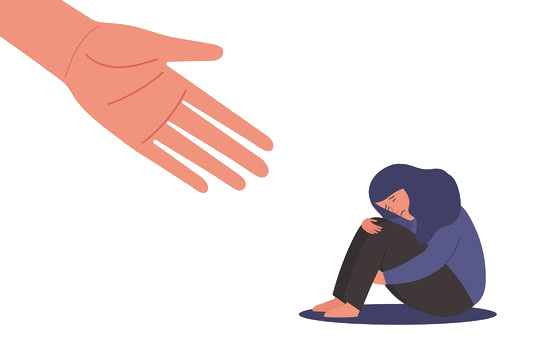
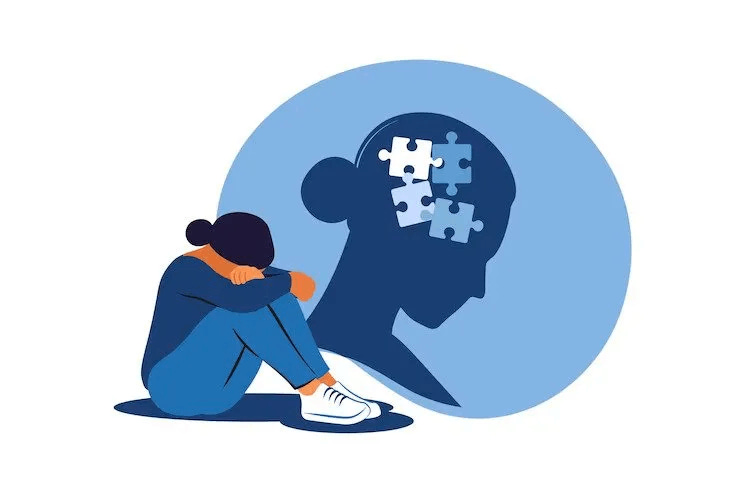
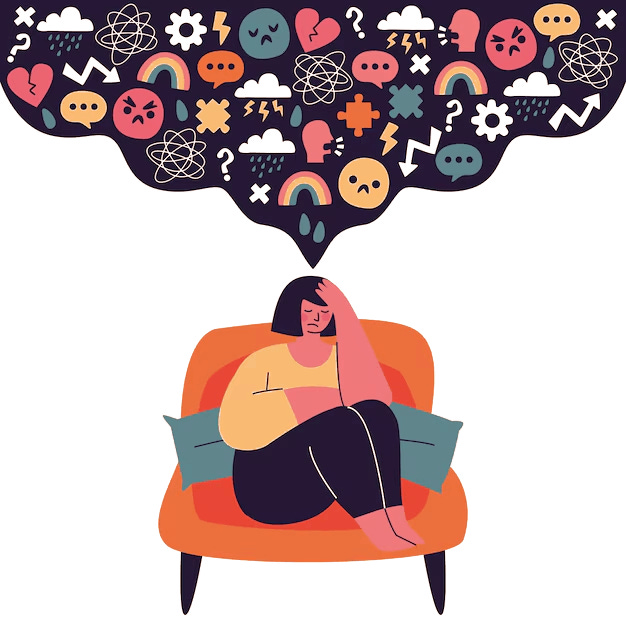
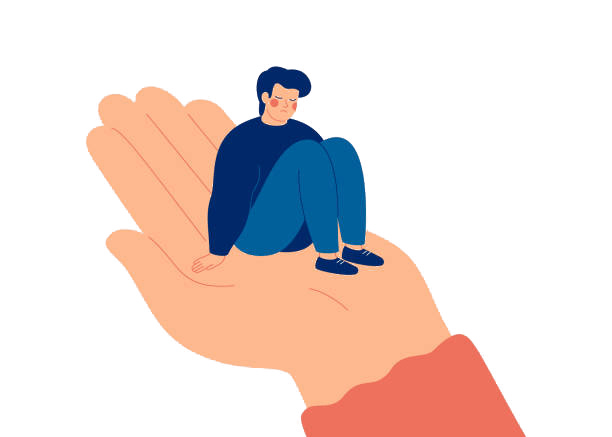
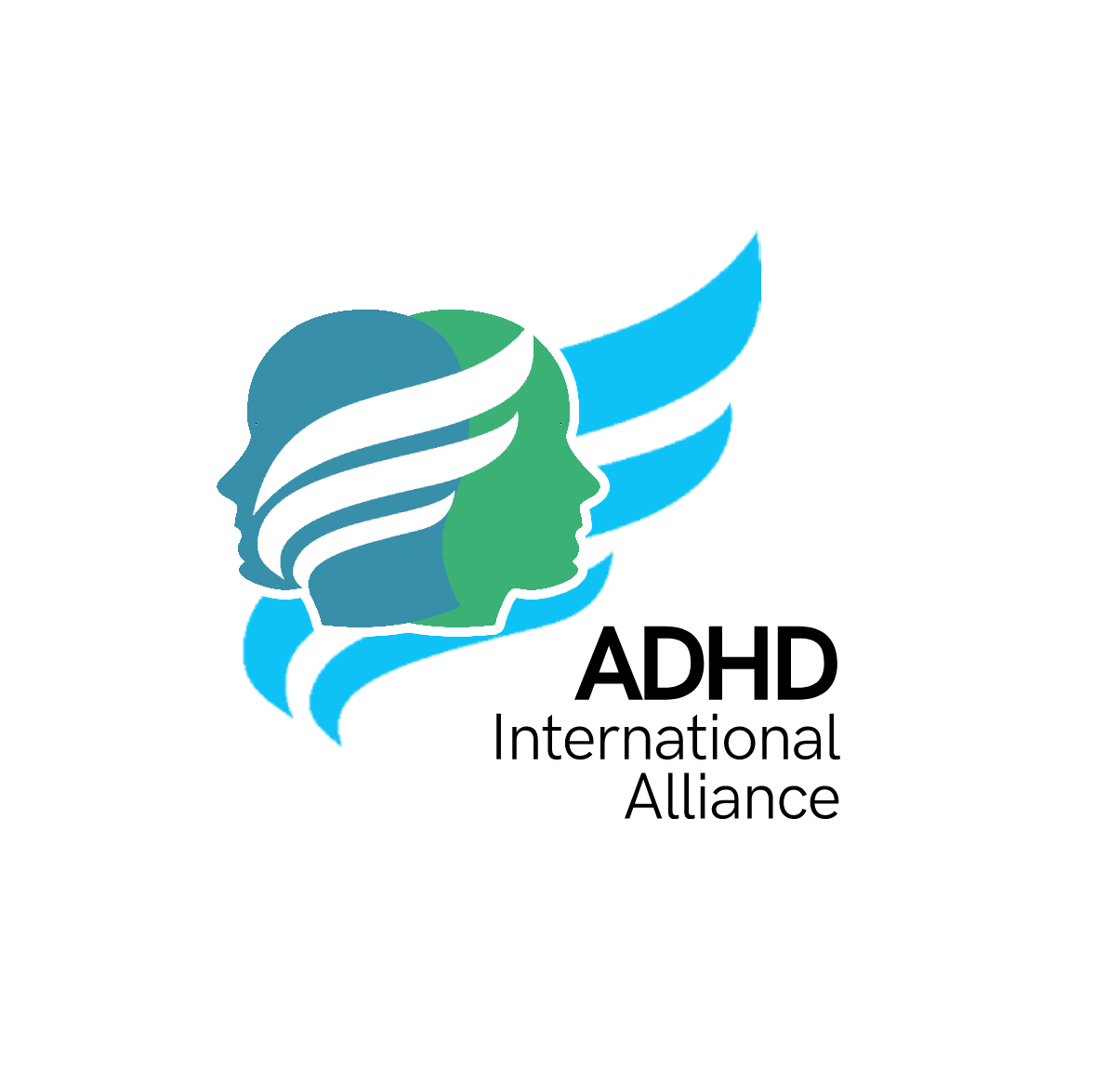
Through my years of living with mental health issues, physical health issues, and going through education to understand the what, why, and how, of it all, I have realized that mental health is far more important than any physical health issues I may face. Without my mental health, nothing else matters, not wealth, not family or friends, not where I live or how my life looks to others… with my mental wellbeing, anything that the physical world throws at me can be overcome.
I have ADHD and Bipolar Disorder. In late 2023 I was diagnosed with Early onset Dementia - a few months ago I was un-diagnosed as the new Consultant said that I definitely don’t have it. It left me feeling relieved and confused at the same time. I’m past it now, but for over a year I felt like my life was on hold.
Thank you for your article, very well written.
BW
Paul